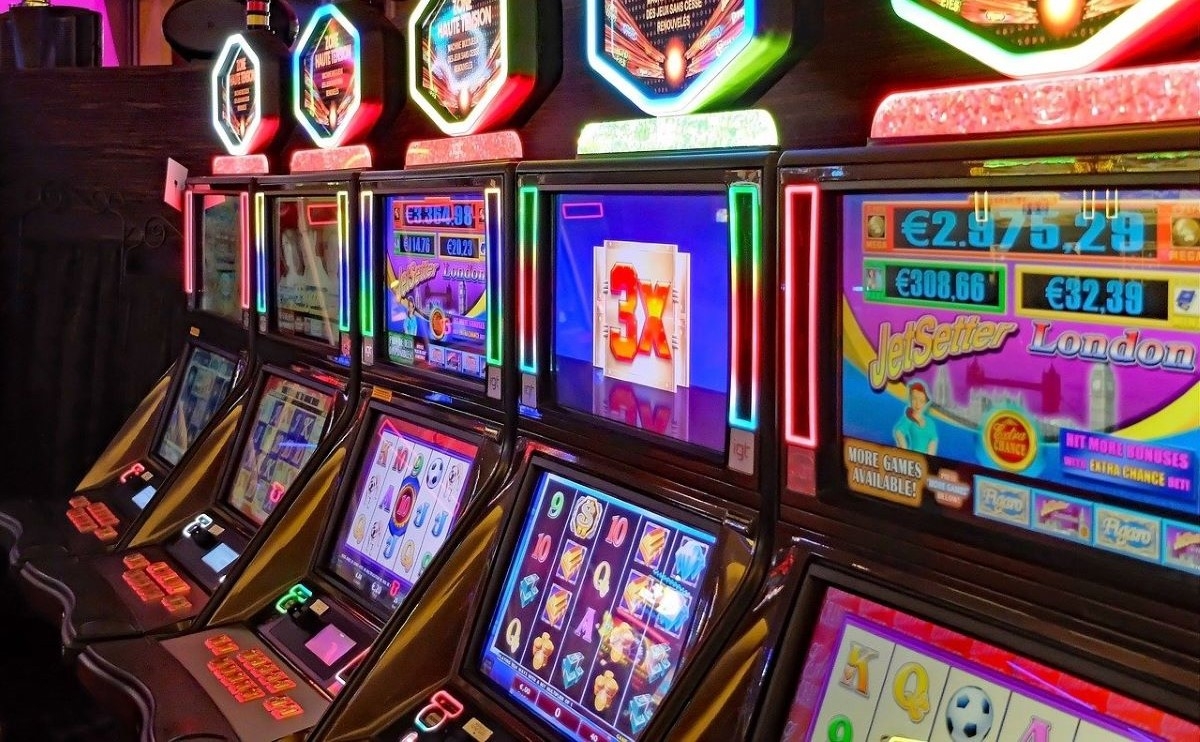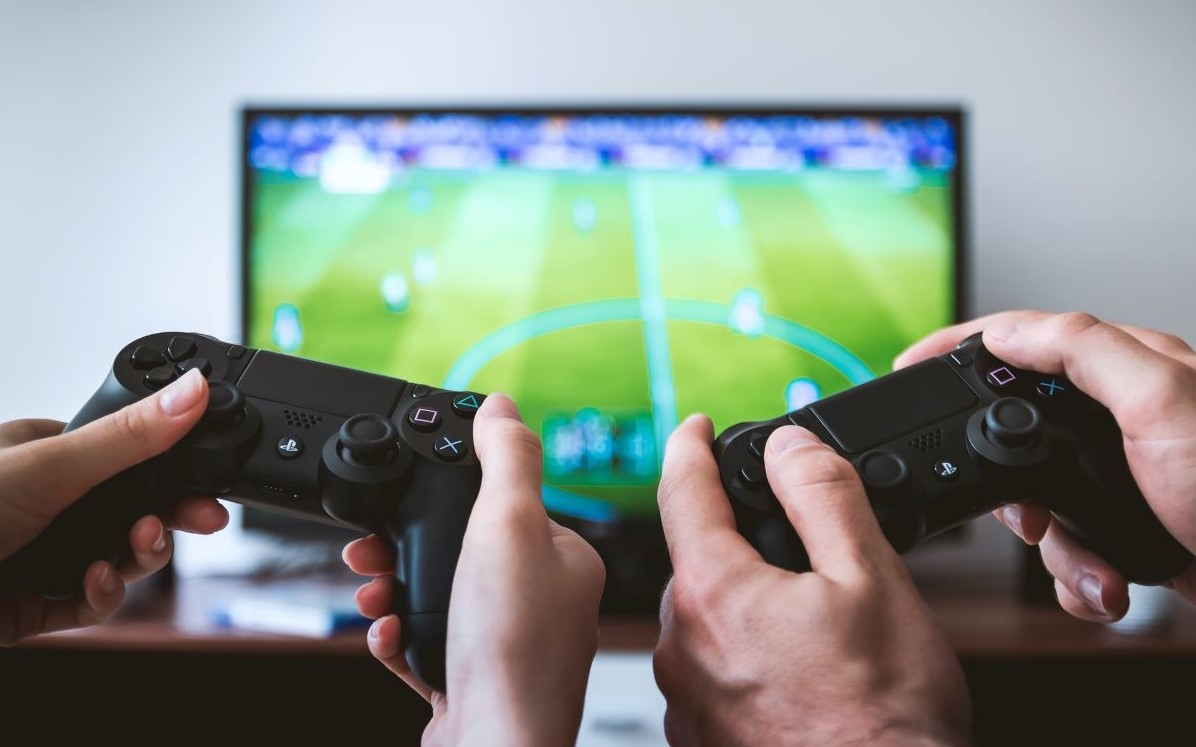
Blackjack strategies: Can you outperform the dealer?
Blackjack is one of the most enjoyable and simplest card games and every single casino offers it. The objective of the game is getting a total that hits on or is close to but under 2. If you go over 21 you lose, but how much you lose is up to you and how much you bet. Conversely, how much you win depends on you, and you can make better decisions on when to bet high if you have a strategy. Fortunately, unlike other casino games that are all about luck, you can effectively strategize in blackjack.
Blackjack Strategy
Anyone who wishes to win at blackjack needs to have an advantage over the casino. What's more, the player ought to select the right table to play at, and take advantage of all of the bonus offers that are available. Casinos like CasinoSecret will always have an advantage if a player overbuys before the dealer pulls the first card. Likewise, an online casino has this same advantage over players. However, a player can mitigate the house advantage and level the playing field in their favor if they are familiar with the fixed rules that all dealers have to abide by, regardless of whether it's a flesh-and-blood human dealer at a brick-and-mortar casino or it's an RNG based algorithm that deals the cards online.
If you know exactly how the dealer running the game is going to behave, you can calculate the behavior of the blackjack game in ach situation. In fact, there are various ways you can effectively win at blackjack.
The first way has already been mentioned; you can become aware and then take advantage of all of the different playing bonuses. The second way you can swing things in your favor when you're playing blackjack is by counting cards.
Card Counting Theory
Whether online or in a casino, blackjack is always played with a single deck of 52 cards. If you familiarize yourself and use this tried and true method in a game of blackjack with a single deck of cards (which is how it ought to be payed legally) then you will break even sooner or later. In other words, there really is no house advantage in blackjack. This is quite significant, because it essentially makes blackjack the only casino card game in which the casino doesn't have a definite statistical advantage and players can win -without relying on lady luck- if they can count cards.
You don't have to be Rain Man or some sort of mathematical savant to count cards in blackjack either. All you're doing is basically keeping track of specific cards as the dealer goes about handing out the other cards in the deck. If you keep this running tally of certain cards, you can make far better guesses as to which cards are going to come up next.
It's not a whole lot of information to keep in your mind, and this little bit of data can go a long way. It can help you make better decisions on when to place bigger bets. Basically, when the remaining cards in the deck are low numbered cards, you're less likely to hit on a blackjack, which is to say a total of 21 on your first two cards which pays out a bonus. There is also less of a chance that the dealer will bust which is to say that they will deal over 21 with the first two cards. By this same logic, you're in a better position if the remaining cards in the deck are the high numbered cards.
Nonetheless, even when you're counting cards you're still going to have to be patient to have it payoff. Card counting does improve your odds in blackjack, but by about 1 percent. This may not sound like a significant improvement, but it is. After many hours at the table or on the betting site, you will break even and then eventually end up with more money than you started with.
Card Counting in Practice
Card Counting is one of the most effective methods, perhaps because it's also one of the most simple to use, even for beginner blackjack players.
With high-low card counting, you only need to mentally keep track of three different grouping of cards: the high numbered cards (the 10s and all the face cards), the middle cards (sevens, eights, and nines), and then the low numbered cards (twos, threes, fours, fives, and sixes). Now, every time the dealer pulls a high numbered card, you minus one from your tally. Conversely, a low numbered card means you add one to your tally. For the middle cards, you take no action.
With this in mind, if your mental tally is at +3, this means that it's more probable that the cards coming up are going to be high numbered cards. This in turn means that it's a better idea to go big with your bet. Likewise, if you're tally is at -2, it's more likely that the cards coming up are going to be low. This means that the odds are stacked against you and in favor of the dealer, so it's better to be conservative and bet small. Of course, after the dealer shuffles the cards your tally is zeroed.
It might seem hard at first, but with a bit of practice keeping a tally and betting accordingly using the high-low method becomes second nature. Once again, you also need to be patient because even once you've got the hang of it takes time for it to pay off, because although your odds are increased, it's an increase of 1 percent. In a busy casino with lots of distractions and fast dealers, you need to keep your focus. Still, the same principal applies when you're playing online.









